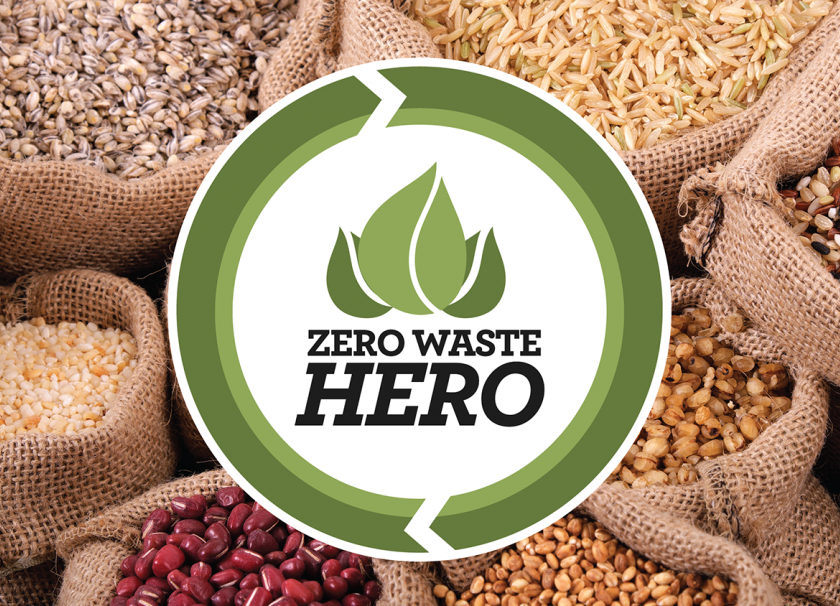
Be a Zero Waste Hero in Four Easy Steps
By Stephanie Koerella, Education Coordinator
Reducing our waste has continued to be of greater concern for Rogue Valley residents, especially since January, when options for recycling became even more limited. While the Ashland Food Co-op is ramping up our efforts to reduce waste as a business, there is a lot that our community can do at home to help the cause.
If going zero waste in your home is overwhelming, my advice is this: Don’t worry! Simply start small with these four easy steps. One of these steps is both easy and incredibly impactful, to “Share What you Learned”, so really it’s just three steps.
Stop Throwing Your Money Away
It may surprise you that 20% of the food we buy never gets eaten and is thrown in the trash. Throwing out food is a double-whammy; not only does it waste resources that go into making the food and transporting it to our home, but the price adds up. It’s like throwing your dollar bills right into the trash can. Being smarter about food helps save our planet’s precious resources. For example, did you know that throwing out two overripe bananas (approx 1 lb) is equivalent to turning on your shower for 42 minutes straight? That’s how much water is wasted with the tossing of two bananas!
-
Zero Waste Hero Exercise: Make a waste audit! Write down everything you throw out (at home and work) for two weeks straight. Notice any trends of what you frequently throw out and buy less of those items in the future. This helps you save money and precious resources.
Buy In Bulk
By refusing to pay for packaged goods, you’re buying just food, not the carton. If you’ve taken my free Co-op class, Eating Right When The Budget’s Tight, you’ll know you can save an average of over 50% when you buy the same items in bulk. The co-op’s bulk section hits all of your family’s needs: herbs/spices, grains, beans, granola, nuts, flours, oils, vinegars, honey, dish soap, shampoo, laundry detergent and more. You’ll never have to buy a plastic bottle of dish soap or a pound of pasta in plastic again.
-
Zero Waste Hero Exercise: Bring your own container and say no to plastic bags forever. We can save plastic bags from the oceans AND save money? Happy days! (For more info on how to weigh your glass jars, check out the scale in our bulk section or ask a friendly staff member.)
Bamboo Utensils
Your Flatware On-The-Go. Keeping a set of bamboo utensils in your car can help save the planet? Yes! You’ll find that once you have bamboo utensils in your car, you’re able to say “no thanks” to plastic forks and spoons. You’ll be enjoying your summer ice cream or to-go salads sans-plastic. The world will thank you for taking this one simple step towards less waste.
-
Zero Waste Hero Exercise: Put Down The Plastic Straw. Several companies are making reusable straws out of glass, stainless steel, and other materials, so you’ll never have to drink and discard again.
And Most Importantly, Share What You Learned
These practices may seem small, but when you add them up, you’ll be blown away at how much waste you avoid in a day, a week, a month, and a year. We all want to reduce our footprint, and be better stewards of the environment. Here’s your chance, spread the word!
More Co-op News
Choose To Reuse
by Rianna Koppel, Co-op Sustainability Coordinator
At the Ashland Food Co-op, we are committed to becoming Zero Waste by 2030. Along the way, we’ve learned a lot about packaging and single-use at our store. Our owners care deeply about reducing plastic waste, and we do too!
Reusable Bags
At the co-op, we have many different bag options… So what's the best choice?
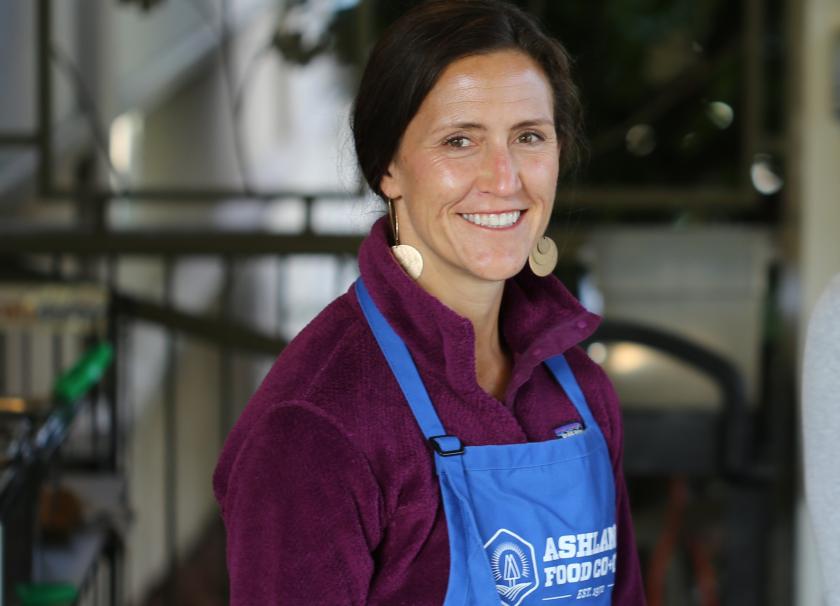
Lisa Beam: Why I'm a Board Member
Why serve on the Board of Directors at the Ashland Food Coop? This was the question that I was faced with about a year ago.
I have lived, worked and shopped in Ashland for the last 20 years. Many of those years I have actively participated on non-profit boards, civic organizations and committees. However, in the last few years I stepped away from those responsibilities to focus on family and business life.
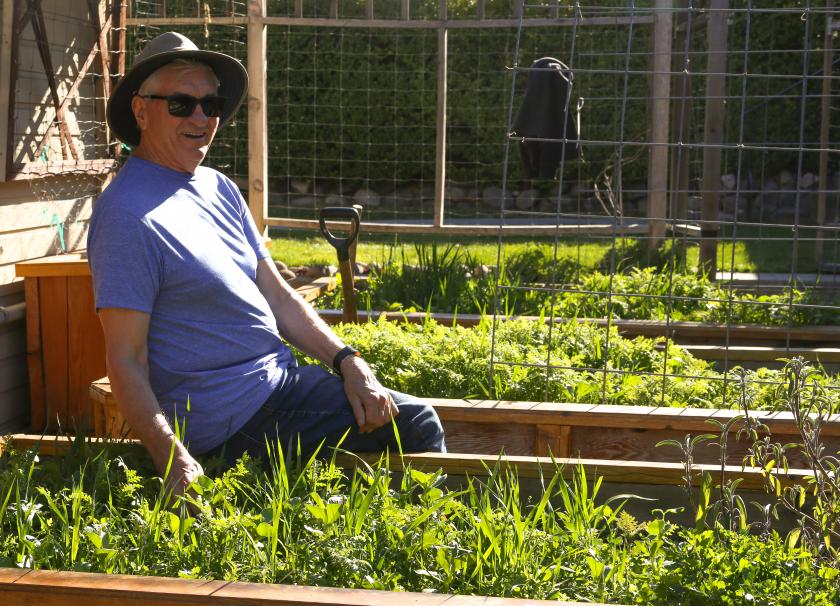
Henry in the Garden: The Pollinator Plan
By Henry Herting, Co-op garden volunteer
It's that fun time of the year when we get to plan our gardens. This year since our pollinators are taking such a hard hit, we are planning a pollinator garden.
Some plants that are considered good for pollinators are not so good fo the gardeners. They are invasive; they are weeds. Nobody likes weeds in their garden - who likes getting down on their knee pads and clawing at deep-rooted weeds growing in places where you don't want them?

Rogue To Go at the Co-op
We are excited to announce the official launch of Rogue To Go at the Ashland Food Co-op!
Rogue To Go is a reusable container pilot program. The pilot connects five participating restaurants by offering a reusable container that can be used for meals to-go and help eliminate single-use boxes. These O2GO containers are made locally in Bend, Oregon by OZZI. The bright green containers are 100% recyclable through a specialty recycler - truly zero waste!
How can you start using Rogue To Go? Check out the steps below and follow along with a walk-through video.
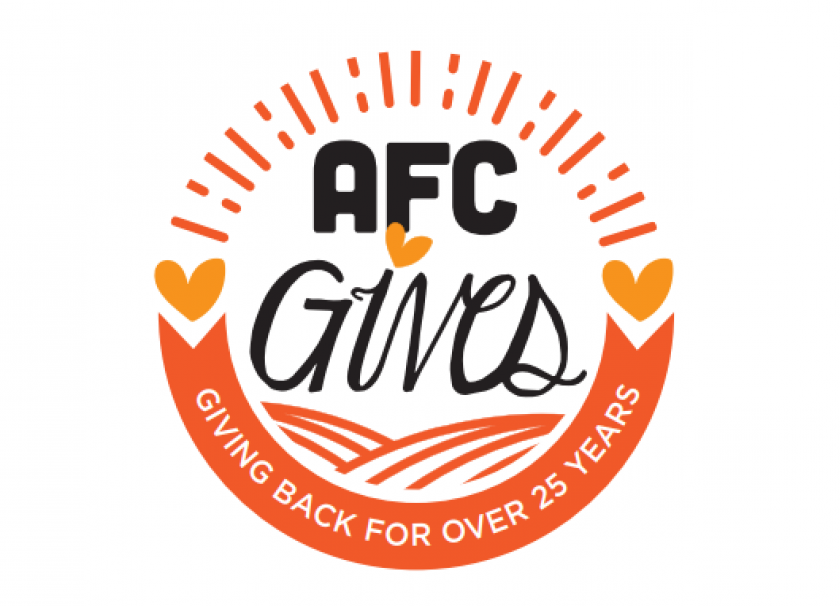
Apply for an AFC Gives community grant
For over 25 years, the Ashland Food Co-op has been re-investing in the local community by awarding grants to non-profit organizations doing important work in the Rogue Valley. Putting the seventh cooperative principle, "concern for community," into action, over $30,000 was donated in 2019 - and in 2020, there are even more opportunities for non-profits.
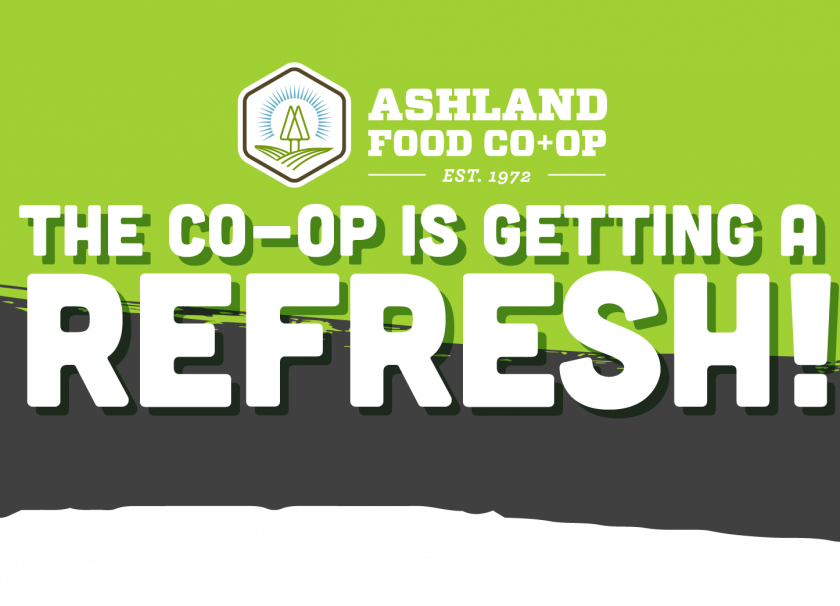
The Co-op is getting a refresh
We are giving our store a much-needed fresh coat of paint. We think you'll enjoy the changes!
When
The painting team will begin our project on February 5th, 2020 with a start time of 9pm.
Where
The entire retail store, deli serving area and interior seating area will receive a fresh new coat of paint.
Timeline
If all goes as planned, our painting project should be finished by February 20.
Will Store Hours Change?
No. We will be painting from 9pm to 5am.
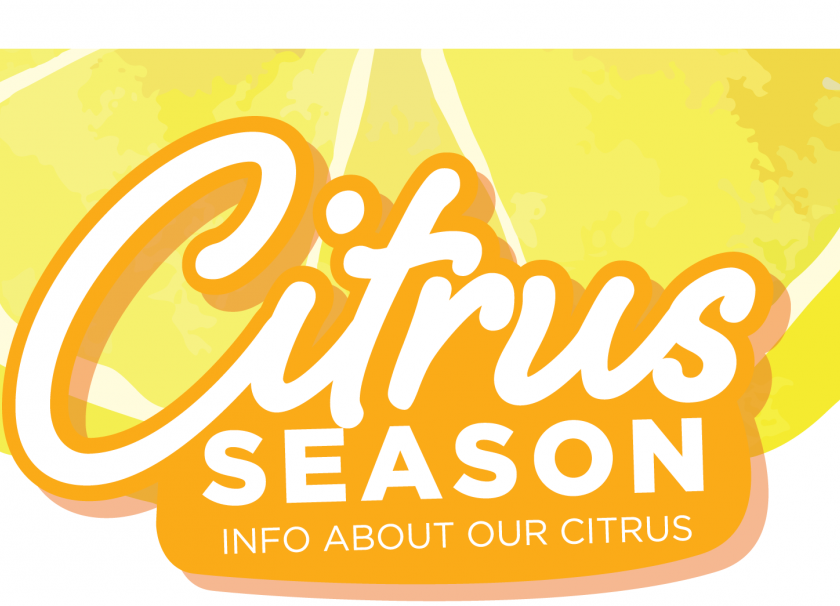
Explore citrus!
Looking to explore some new citrus varieties? Know more before you go! Check out the many types of sweet, sour and somewhere in between that you can enjoy at the Co-op! (Availability may vary due to seasonality.)
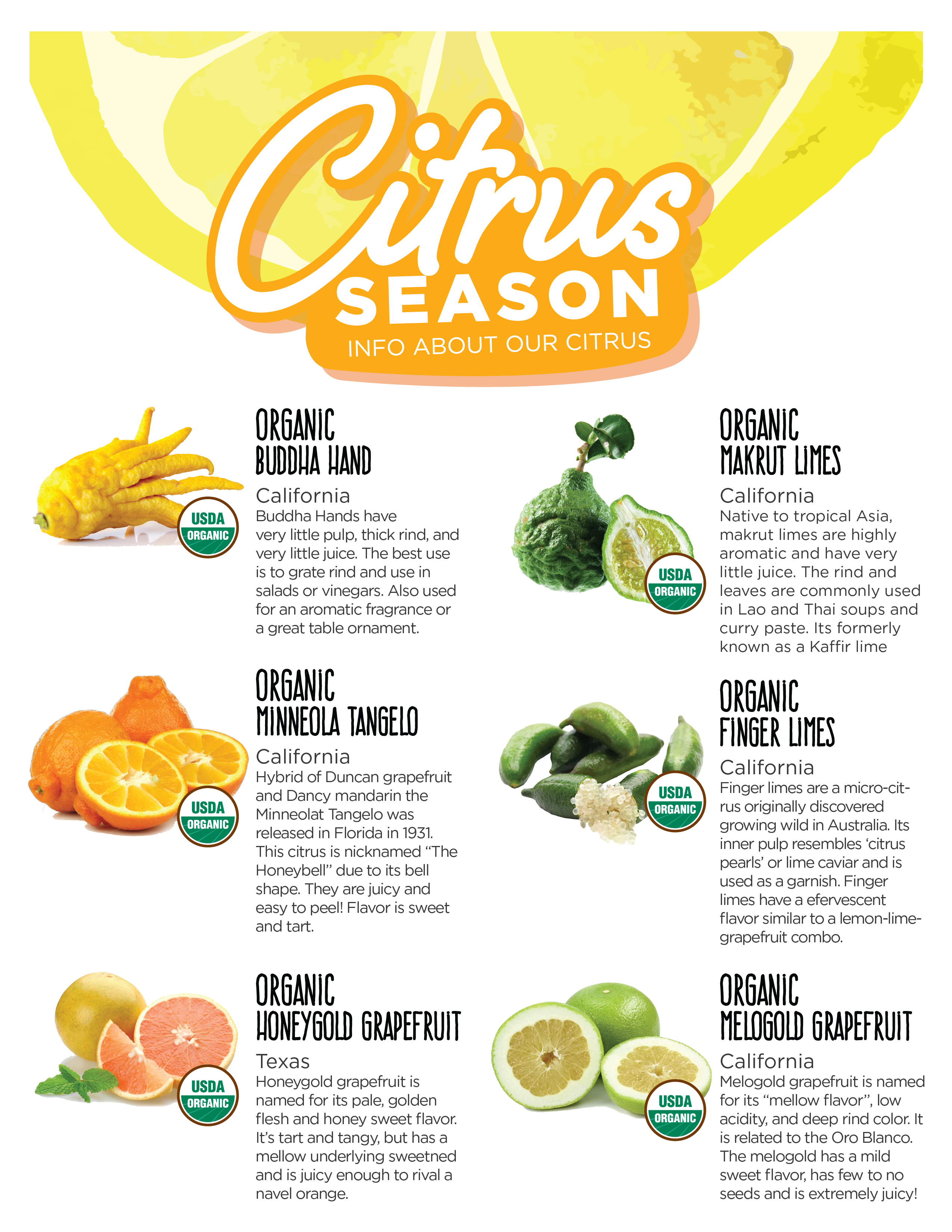
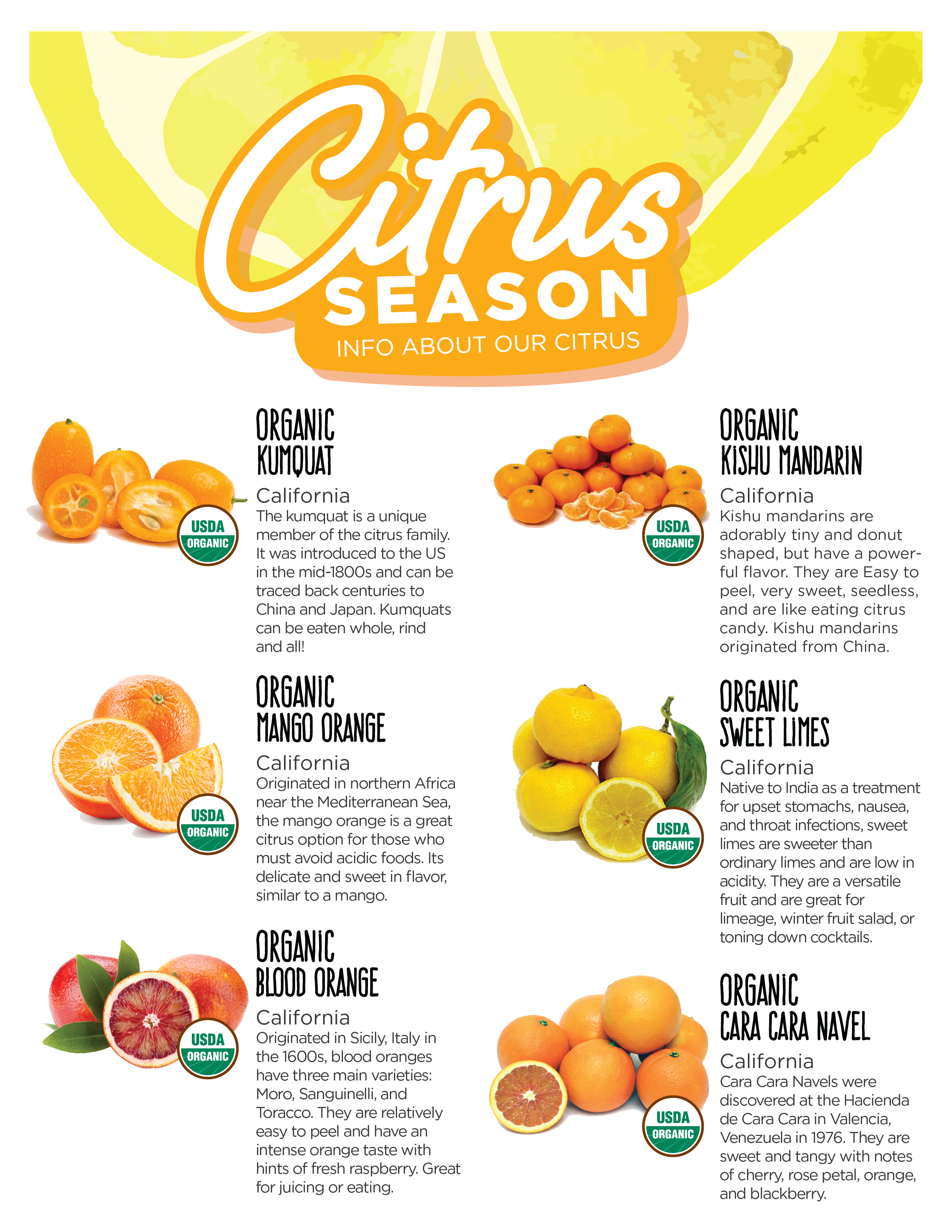
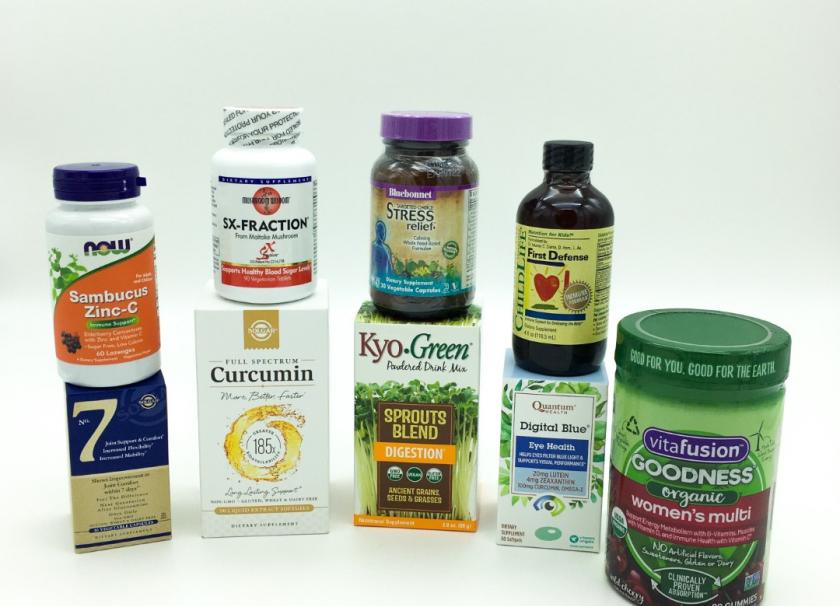
Taste for Life winter wellness giveaway
It's a month of giveaways from Taste for Life!
Giveaway #1 has finished up - so it's time for #2! This giveaway runs 1/27-2/2, so sign up below.
This package includes: NOW's Sabucus Zinc-C lozenges, Mushroom Wisdom's SX-Fraction, Bluebonnet's Stress Release formula, ChildLife's First Defense immune formula, Vitafusion's Organic Women's Multi vitamin, Quantum Health's Eye Health supplement, Kyo-Green Sprouts Blend digestion supplement, Solgar's full spectrum Curcumin supplement, and Solgar's No. 7 joint comfort supplement.

Rogue Co-ops College Scholarship
As part of the Rogue Co-ops, a group of Rogue Valley cooperative businesses that includes Ashland Food Co-op, Grange Co-op, Medford Food Co-op, and Rogue Credit Union, we're excited to offer a scholarship opportunity to local high school students planning on attending college.
The Rogue Co-ops have collectively funded a $2,000 scholarship (and Grange Co-op offers an additional eight $1,500 scholarships) for students (in public, private or home school settings) who meet the following requirements:
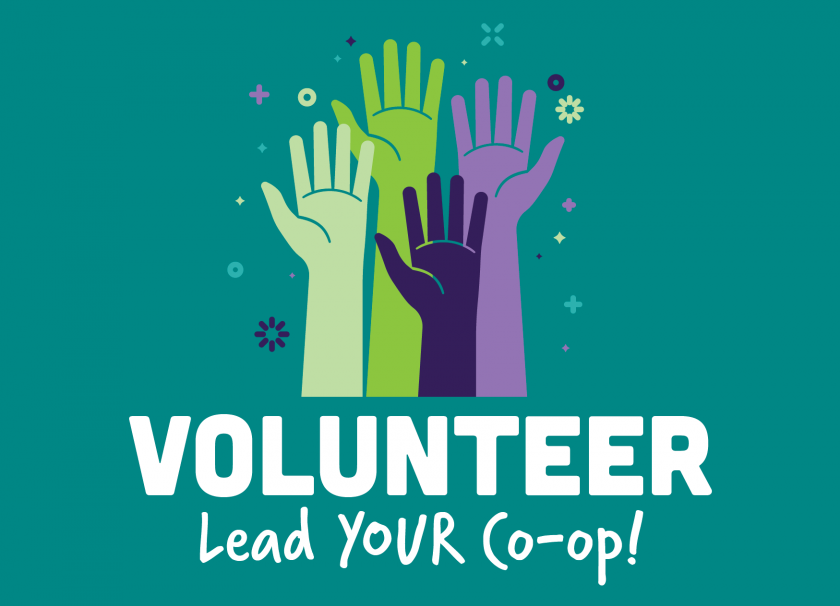
Become an Owner-Volunteer with the AFC Board
The AFC Board of Directors is looking for owner-volunteers for three board committees: the Owner Engagement Committee (OEC), Board Development Committee (BDC), and AFC Gives Committee.
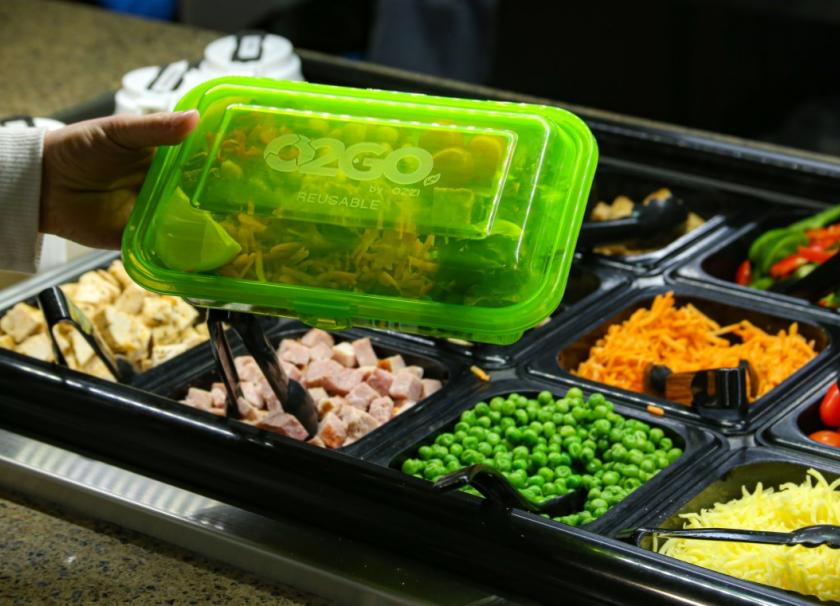
Sustainability Update: Building on a Strong Foundation
Sustainability Update
Our team has been working on many different projects throughout the year, taking great steps to fulfill our four sustainability goals. Our four goals to achieve by 2030 are: carbon neutrality, zero waste, eliminating toxic chemicals, and being a leader in our sustainable community. We look forward to our sustainable success in the upcoming decade!

2020: A vision for the future through Co-ops and local food
As the 2010s come to a close, the “20/20” eyesight analogy couldn’t be more appropriate for the new decade. With our eye on the future, there’s clearly a sense of urgency and awareness of the unique times we’re living in: a changing climate, increases in costs of living, and the shared pressures of a globalized world.
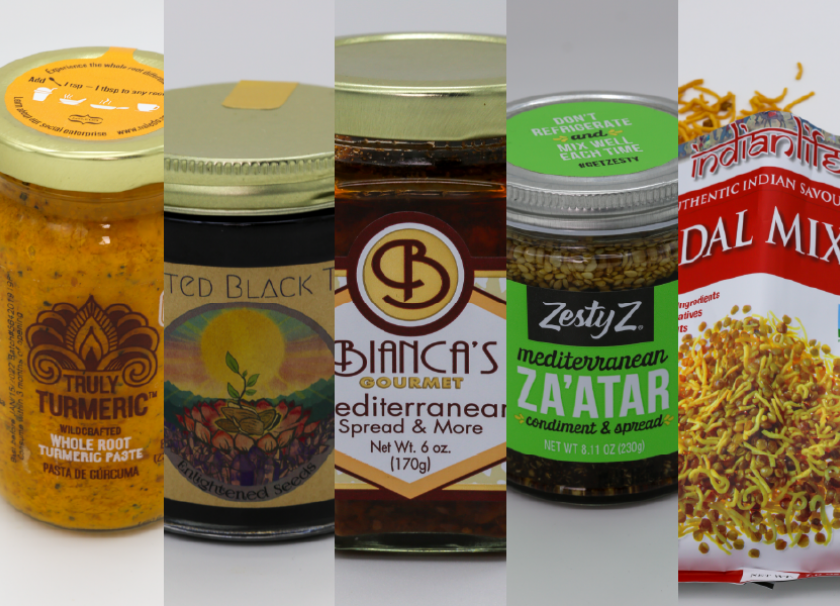
5 Items to Try: Spreads, Condiments & Snacks
It's fun trying new things! Here are five items you can find at the Co-op with a distinctly international flavor. Whether you're spreading them on some bread or naan, mixing up a salad dressing, or just want something salty and crunchy to snack on, try these out next time you want to elevate your dishes.
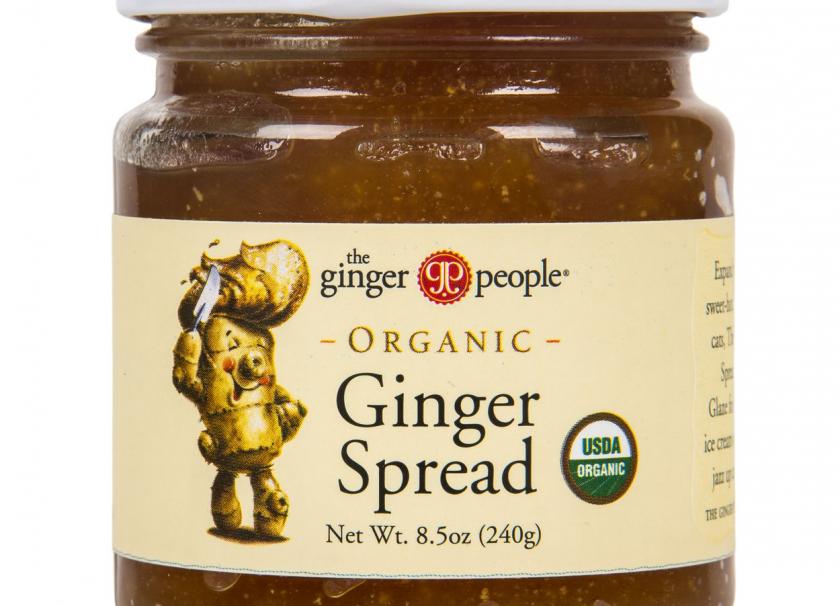
10 Ways to Enjoy: Ginger Spread
Sometimes you might come across a product at the Co-op and ask, "That looks good, but how in the heck can I use it in my cooking?" To answer that question, we picked this Ginger Spread made by The Ginger People (famous for their Gin-Gin candies). Grab a jar and try some of these unique applications in your own kitchen - or get inspired to utilize it in another way.
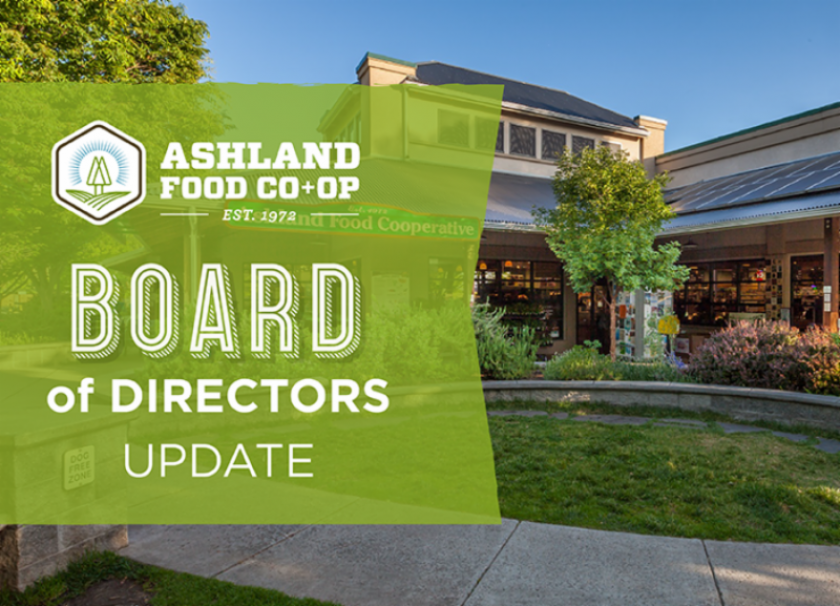
Meet Your Board: Melina Barker
Hello, Co-op members! My name is Melina Barker, and I joined the AFC Board of Directors this July. Since then, I have been busy learning about all the work the previous members have done to craft strategic goals to support the success of the AFC.
